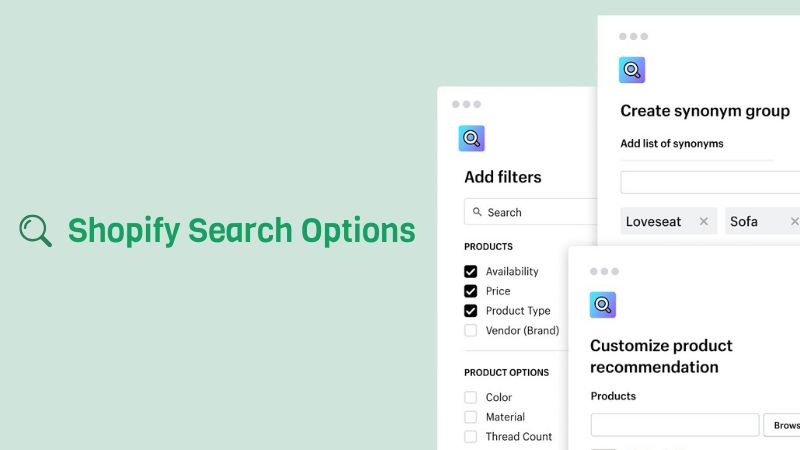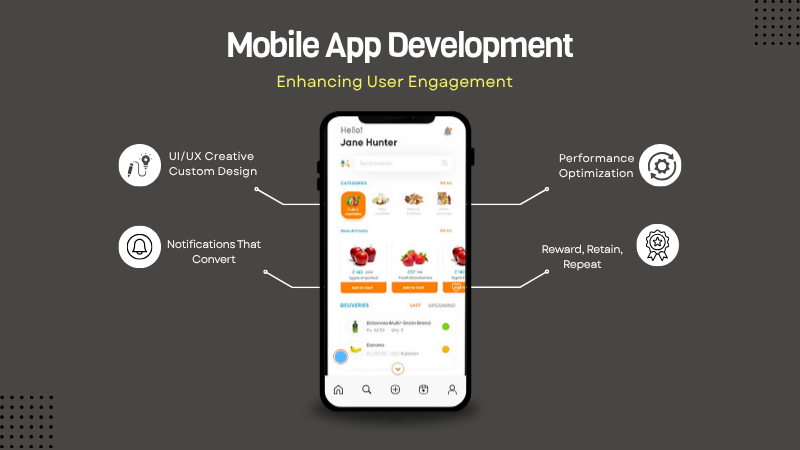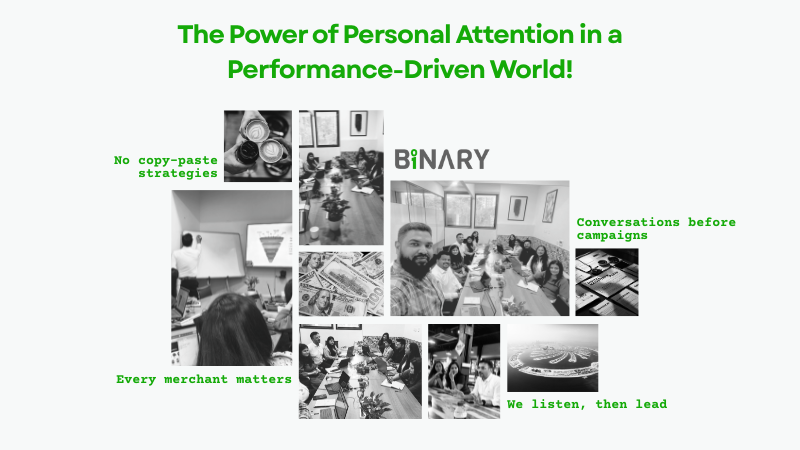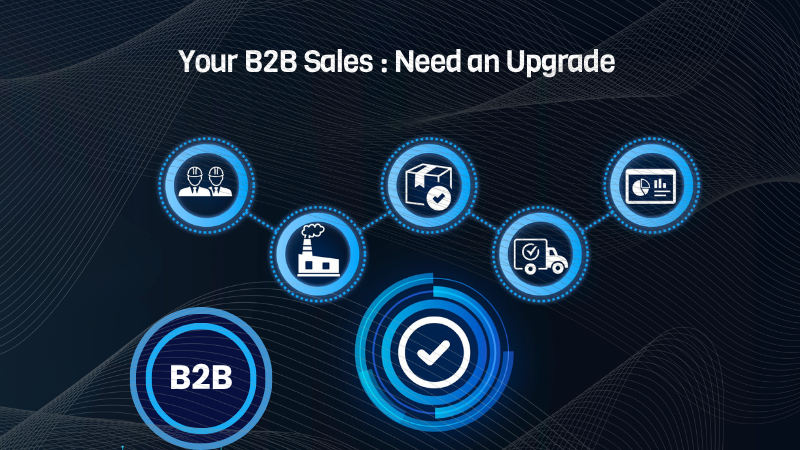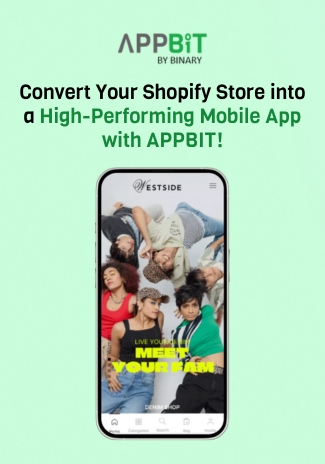Here’s a comparison of the pros and cons of each search solution for Shopify:
1. Shopify Basic Search
Shopify’s built-in search function without any external app.
Pros:
- No Additional Cost: It comes as part of Shopify, meaning no extra charges or app costs.
- Simplicity: It’s easy to use with basic functionality. Customers can search for products based on product titles, descriptions, and tags.
- Minimal Setup: No need for external installations or complex configurations. Everything works right out of the box.
- Good for Small Stores: Suitable for small businesses with fewer products and straightforward search requirements.
- TAG Base: Shopify’s Basic search filters work on a tag-based system.
Cons:
- Limited Features: Basic search doesn’t support advanced filtering, predictive search, or customization options.
- No AI or Advanced Analytics: No artificial intelligence for improving search relevance or tracking how users interact with search.
- Not Optimized for Large Inventories: For stores with a large number of products, the basic search may struggle to provide relevant results efficiently.
- No Merchandising Tools: You can’t promote certain products in search results or customize how search results are displayed based on business goals.
- No control over filters visibility: There is no built-in facility to control which filters will be visible for specific collections.
2. App: Shopify Search and Discovery
Pros:
- Improved Search Features: Offers more advanced search options compared to the default Shopify search
- Faceted Search Filters: Allows users to filter by attributes like size, color, and categories, improving the user experience.
- Synonym Management: You can map search queries to relevant products using synonyms, providing better results.
- Easy Integration: As a Shopify app, it integrates easily with your existing store without much setup.
- Product Recommendations: Helps in creating related product suggestions and upsell opportunities.
Cons:
- Limited to Shopify Ecosystem: While it enhances search, its features may still not match up to some advanced third-party search tools.
- No AI for Search Optimization: Does not have machine learning or AI capabilities for autooptimizing the search results.
- Limited Customization: You can improve search, but customization of results or in-depth analytics may still be restricted compared to more robust external solutions.
3. App: Boost Commerce – Frictionless Product Discovery with
AI
Pros:
- AI-Powered Search: Uses artificial intelligence to optimize search results over time, providing more relevant and personalized results.
- Advanced Filtering: Offers faceted search with filters such as price, rating, category, and more, providing a seamless discovery experience.
- Merchandising Rules: Let you control and promote specific products based on custom rules, improving upselling and cross-selling opportunities.
- Synonym & Misspelling Handling: Automatically corrects typos, understands synonyms, and makes search results more relevant.
- Analytics and Insights: Offers search performance data and user behaviour tracking, allowing you to improve search strategies continuously.
- Suited for Large Catalogue: Ideal for stores with a large number of products, where advanced search functionalities are required.
Cons:
- Cost: Typically more expensive than Shopify’s native search or Shopify Search & Discovery app. Pricing is usually based on store size or the number of searches.
- More Complex Setup: This may require more setup time and configuration compared to the simpler apps.
- Potential Overkill for Small Stores: If you have a small number of products, the advanced features may be unnecessary and not worth the cost.
4. App: Wizzy Search
Pros:
- AI-Driven Search: Leverages machine learning to provide highly relevant and personalized search results.
- Advanced Filters: Offers dynamic filters based on product attributes like size, color, price, and other customizable options
- Autocomplete & Predictive Search: Suggests results as users type, improving search speed and user experience.
- Analytics Dashboard: Provides detailed insights and reports on what users are searching for and helps optimize based on data.
- Supports Multiple Languages: Helps cater to diverse customer bases globally.
- Mobile-Optimized: Ensures smooth search experiences on mobile devices.
- Customization: Offers flexibility to customize the look and behavior of search results.
Cons:
- Cost: Wizzy comes at a higher price point than Shopify’s native search, making it an investment for stores with complex search requirements.
- Requires Configuration: To unlock the full potential of its features, some initial setup and ongoing management are needed.
- More Than Basic Needs: For very small stores with few products, it may offer more than what’s necessary.
- UI Customisation Implantation: For UI We are depend on App Developer
Summary:
- Shopify Basic Search: is a cost-free, straightforward option for small stores with limited needs. However, it lacks advanced features and flexibility.
- Shopify Search and Discovery: enhances Shopify’s native search with additional filtering, synonym mapping, and product recommendations but lacks AI-driven capabilities.
- Boost Commerce: is the most feature-rich option with AI-powered search optimization, advanced filtering, merchandising rules, and robust analytics. It’s ideal for large or complex stores but comes at a higher cost.
- Wizzy Search: Excellent for mid-to-large stores wanting AI-driven search, advanced filters, and mobile optimization. It offers a lot of power and flexibility but requires investment and configuration.
Recommendation:
- For small stores: Shopify Basic or Shopify Search and Discovery could be sufficient.
- For larger stores or stores with complex search needs: Boost Commerce provides more advanced tools and AI-powered optimizations.
If you’re still feeling unsure about how to implement these advanced Shopify search options or if you have other questions, don’t hesitate to contact us. Our team is ready to help you optimize your e-commerce strategy to its fullest potential.
To see more examples of how we’ve helped other businesses succeed, check out our portfolio. Explore our projects to discover the possibilities for your Shopify store!


